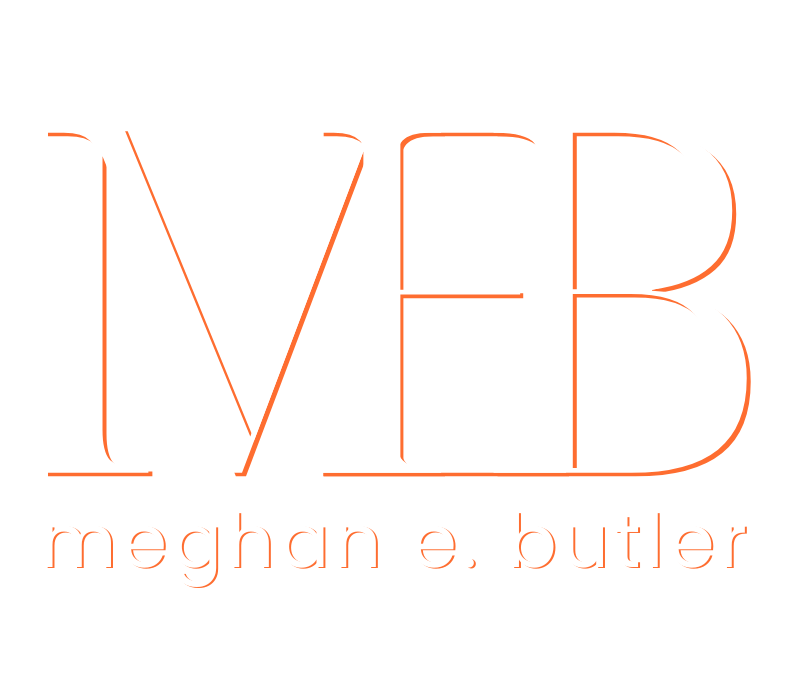EQ @ WORK: Imposter Syndrome Debunked
you’re not fooling yourself or anyone else. here’s why.
Imposter syndrome is a lie that isolates you. Don’t let it!
The truth is in the gray area of our shared\ human experience. Leaving it unexamined perpetuates a negative perception of change, adding to shame spirals that ultimately disconnect and isolate you.
The bottom line: New sh*t is hard, y’all!
Let’s give all of us a break by taking imposter syndrome apart and reframing it for a more productive change point, shall we?
The Big Debunk
Imposter syndrome is NOT a raging insecurity about or the reality of being unprepared or unfit; it’s the crisis of confidence resulting from living through the statistically rarer event of *becoming* and *arriving* in short order.
The latter feels alien, like you woke up in someone else’s life, simply because you have not had time to adjust and adapt to the new role for which you are already capable.
Here’s the missing piece:
“Imposter syndrome” is the welcome basket on the other side of achievement.
You did the thing!! You’re in the room!!! Right away, this should be a hard restart on your perspective. Zoom out and respect this moment for what it is: accomplishment.
Reframe the Challenge
It’s probably been a hot second since you had a significant growth phase. The shock to your confidence and self-esteem is your brain’s memory of the inherent discomfort and disruption of the last big change point. Adding the negative spin of imposter syndrome makes us believe that challenge and discomfort are inherently bad.
LIES!
This is NOT a negative event. This a hard-earned learning curve.
There are two key differences in your now than in your before:
Responsibility and environment.
You are experiencing the burden of responsibility of doing with purpose & higher stakes what you’ve been doing organically, and in a room you haven’t been in before with people you don’t know.
Ugh. That’s exhausting just thinking about it! I need a nap!
Every person in “the room” was new to it and knows exactly what you’re going through - whether they will acknowledge it or not.
The big fat secret no one tells you? You might be expected to hit the ground running, but you are NOT expected to know everyone, everything and the inner-workings of the machine right away. You are expected to proactively learn.
Embrace the unknown
A crisis of confidence is natural when your job has been to know what you know with certainty & from the command of your environment. Now you don’t know - confidently or at all - and in unfamiliar territory.
This is a mind-bender that lays siege to your sense of competence, identity and security.
We wouldn’t be having this conversation if the answer was “get comfortable saying ‘I don’t know!’” The best way to overcome a learning curve is to pursue it - chase it down and tackle it.
You’re in the room for a reason. Understand it.
You’re not pretending. You’re not fooling yourself or anyone else. You wouldn’t be in a new room bearing a heavier burden of responsibility if you didn’t belong there. The people who invited you in would not do so if they thought you would fail. They are watching to see how you tackle and move through it, not whether or not you can.
Be observant and ask smart, informed questions of your leadership re your role and responsibilities vis a vis the business objectives:
Be a sponge for new or less understood data and insights
Zoom out and look at the whole board to contextualize new info
Mark the social dynamics around the table
Explore the problems the room is attempting to solve
Map your new ecosystem of partners, collaborators, roadblocks, resources, etc.
Explore your surroundings
Get curious about what you don’t know.
Chances are the things you valued most - or others found most valuable in you - are no longer applicable or relevant in this new room. It has its own values system & definitions of success.
To better understand what excellence looks like, take stock of the contrast. Inventory and compare your most recent, secure experience vs. this new, uncertain one via insecurities, fears, values, performance criteria, etc.
Thought starters include:
How & why the expectations of you are different
How you know you’re successful or effective
Your role and responsibility to the collective objectives (not simply your job description)
How decisions are made
The resources available to you
Balance of effort
Mine for leadership intel.
Ask your mentors and trusted leaders about their experience with this learning curve.
Think bigger than “what you wish you knew” and closer to “where did you spin your wheels, lose momentum, get stuck, etc. where you didn’t need to? Any landmines to avoid?” etc.
Listen for insights, direction or best practices on how you can best hotwire this change point for optimal outcomes.
Connect with MEB to crush your learning curve
RELATED 🧐 MEB’s Executive Coaching for high-performing individuals, rising & established executives, and neurodivergent professionals





